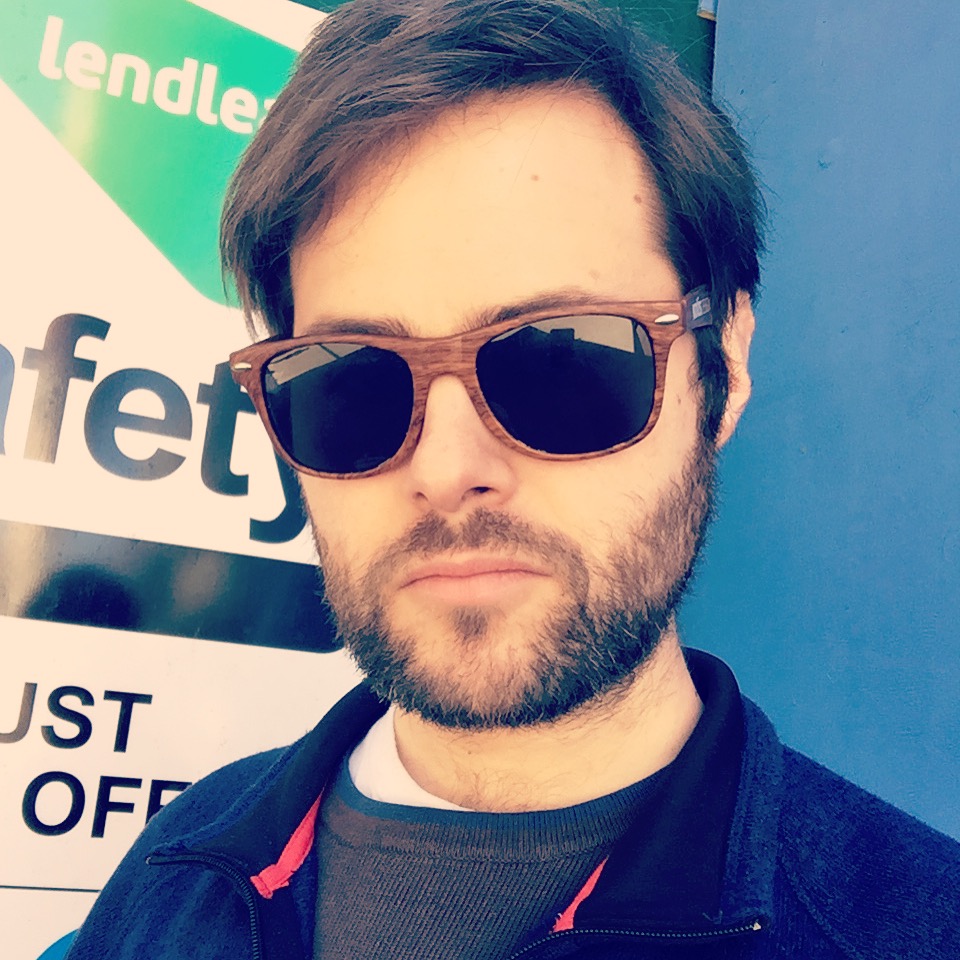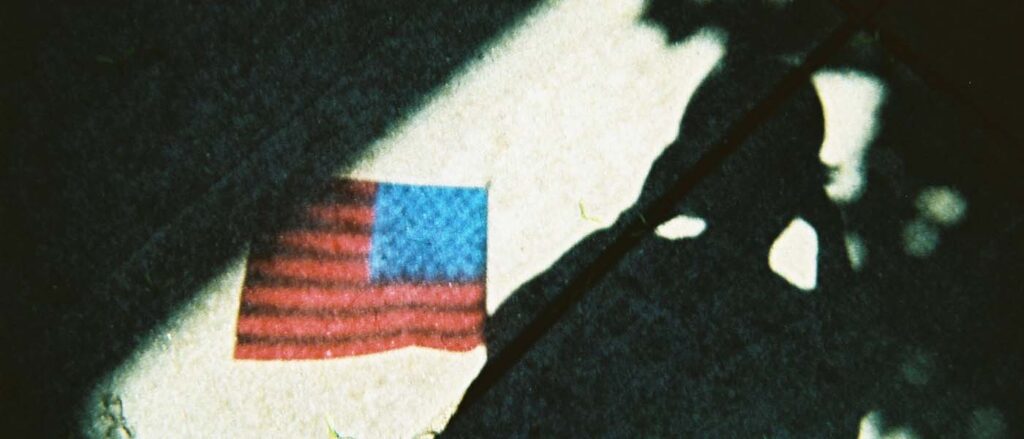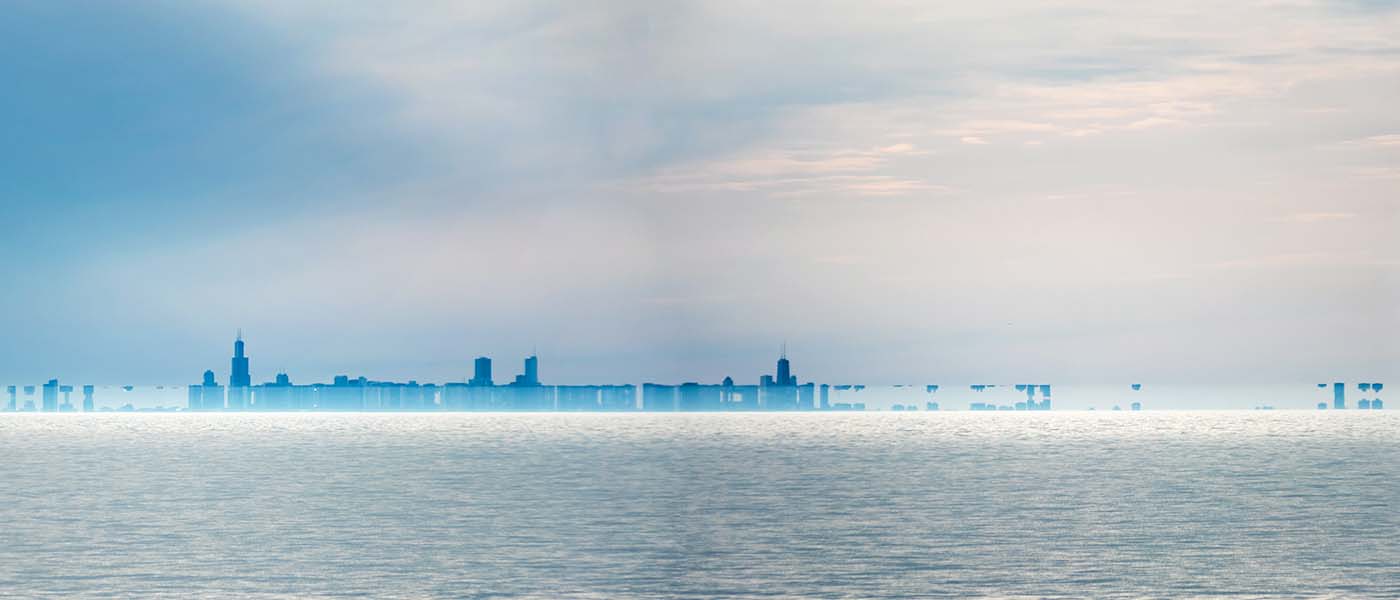The big clock on town hall marks the hour, the bells inside ringing and ringing.
A steam whistle sounds, the last express train of the day just about to leave. A line of men in dark suits and stylish hats march into the station, carrying briefcases and newspapers and umbrellas. Searching their pockets for tickets and cigarettes. Checking their watches out of habit.
Down the street, a cluster of women exit the beauty parlor, their hair motionless. Crossing downtown’s big central green, passing the statue at its center. Giving each other knowing looks as they push through the crowds of charmed tourists. Accepting a police officer’s tip of the hat as their God-given right.
Teenagers linger at the soda fountain across the square, fishing nickels out of their pockets and grumbling to friends about how expensive a couple cokes have gotten. Nervously eying the shop girls chatting by the door, just visible through the roiling cloud of cigarette smoke.
Inside town hall, councilmen debate an ordinance that would outlaw the sale of comic books to children under the age of ten. At the filling station down the street, attendants cheerfully wipe down windshields and make change. Next door, the theater marquee reads TONIGHT: BUDDY HOLLY and TOMORROW: MAGIC BILL’S PUPPET-STRAVAGANZA.
Up the Carnegie library’s big stone steps, past the marble lions and through the heavy, swinging doors. Then inside, where a dour librarian reads a picture book titled Someday We Shall Go to the Moon to a crowd of enrapt children. At the circulation desk, a pale, bookish girl reads a copy of Tropic of Cancer under the counter.
“Someday,” the librarian intones, “but not today,” and closes the book. Parents collect their children and field questions about moon rocks and moon men and cheese as they lead them out of the building.
The girl walks the aisles, piling abandoned books on a rolling cart with one bad wheel. Clocks out. Turns off the lights. Locks the door behind her. And stands there on the steps for a moment with her eyes closed. The night air so refreshing after a day spent in the musty stacks. She reaches out, pets her favorite of the two lions, then pads down the stairs and joins the crowd of young people leaving downtown on foot.
They fill the sidewalks. Passing darkened shops and parked cars and the flickering neon of the all-night diner. Heading toward the town hall, around the town hall, behind the town hall, to a cramped lot filled with Toyotas and Nissans and Subarus. Unlocking their vehicles by tapping a button on their keys or summoning Ubers with their phones.
The girl walks on. Crossing freight tracks, the projects looming ahead of her. Fishing an iPhone out of her purse, scrolling through her missed messages. News alerts about an accident on the 405. Notifications about photos her friends posted, links they’ve shared. Companies offering discounts on rompers and headphones and potholders shaped like emojis. And then, something she cares about: a text from her boyfriend. Letting her know that he’s having dinner with his aunt. Letting her know that she’s welcome to join.
Crossing the patchy lawn in front of a concrete high-rise and stepping inside. The elevator’s broken again, so she climbs five flights of piss-scented stairs, breathing through her mouth the whole way. Knocking on the door to Apartment 507. Watching it open a crack, the door chain visible. Her boyfriend’s aunt peering out, looking suspicious. Looking frail.
“Oh. It’s you.”
Dinner on the stove. Syrupy R&B on the hi-fi. In the living room, the girl’s boyfriend is on his hands and knees, roughhousing with his six-year-old nephew. Grinning, sweat shining on their faces. Behind them, the TV is playing an old episode of You Can’t Fight Town Hall, the main character complaining about his constituents, how needy they are: “I mean, what have they ever done for me?” he asks his assistant.
“Other than voting you in?”
The main character frowns. “Well, sure — there’s that,” he says, the laugh-track going and going.
The boy rises to his feet, greeting his girlfriend with an arm around the waist, a kiss on the forehead. The girl sinks against him, her eyes closing happily. He asks about her day, and she tells him, concluding with a little impersonation of the tourist who asked for a copy of The Hunger Games and couldn’t understand why they didn’t carry it. “Oh, that reminds me,” she says, pulling a picture book out of her purse. “They had it on the free table.”
The boy flips through Billy Jenkins and His Blueberry-Sniffing Dog, his expression skeptical. “An awful lot of white faces, huh?” he says.
“Well, the dog’s got brown spots,” the girl says. Her boyfriend raises his eyebrows. “Oh, you mean —” He nods. “Then, yeah. Pretty much.”
“Anyway,” he says, finally, “it’s a nice gesture.” And calls his nephew over, telling him that they’re going to read a story.
The table is set. Dinner is served. “All right,” the aunt says, “let us give thanks for this food.” And everybody closes their eyes and clasps their hands, ready to say grace. Everybody except the girl, who just sits there, uncomfortable — like she’s not used to religious people, like she isn’t quite sure what to make of all this.
And while everyone else has their eyes closed, she leans forward. Gazing out through the window and down onto the historic downtown, watching as the last lights are extinguished, as the whole neighborhood goes dark.
It was during the war. Half the population of Hanksville was off fighting in the Pacific and half of those left behind had been rounded up by the federal government and marched off to camps in Idaho and Utah.
The town was quiet. The streets felt empty. You could always get a seat at the soda fountain, a booth at the diner. And if you wanted to hang out in the park in front of town hall, you had your pick of benches.
Everything was being rationed. Coal. Sugar. Coffee. Gasoline. Lard. Nothing felt normal, or tasted quite right. But life continued. People went to work, came home. Bought groceries, such as they were. Spent time with friends, the ones who were left. Marched in parades. Watched sentimental movies. Tried not to miss the way things had been before, or to hope too much that someday they’d be that way again.
Then one afternoon, a janitor was shooing a family of raccoons out of the trash pile behind town hall when he found something. A cache of unused ration books. But instead of taking them for himself and his family, he got curious. Staked out the trash pile after hours. Watched the assistant to one of the town councilmen pick up the books, watched him quietly distribute them to the mayor and the deputy mayor and all the other town officials.
That made him angry.
And even though he was a janitor with a janitor’s eighth-grade education, he decided that he was going to do something about it. There was an election coming up, so he took his story to the newspaper and then threw his hat into the ring for town council. Working his normal shift and then picketing the big town green in his dirty jumpsuit, carrying a sign that said I’LL CLEAN UP TOWN HALL.
He won in a squeaker, his margin of victory less than a dozen votes. And maybe it was all that time he’d spent cleaning up after politicians and listening to them jaw as he scrubbed the men’s room, but it turned out he was a natural. Building coalitions with the council members he’d attacked during his campaign, nurturing a passionate constituency by playing up his blue collar origins and homespun charm. Becoming mayor a couple years after the war and staying in office for a historic fourteen-year run.
The town’s Japanese residents resettled elsewhere; he made sure of that. And while he couldn’t keep black folks out of Hanksville altogether, he kept them out of downtown, with a little help from the Federal Housing Authority.
Hanksville kept growing. Adding mile after mile of suburbs, block after block of downtown retail. And when the mayor managed to woo a new aerospace plant to the outskirts of town, people started paying attention. There was a profile in the Los Angeles Times that grew into a memoir — albeit ghostwritten — about his rise from pushing brooms to pushing through legislation. And when the book became a bestseller and the film rights were sold, it looked for a minute like the world might get to see a version of his life starring an aging, heavyset Jimmy Stewart.
The deal fell apart. And a couple years later, the janitor-turned-mayor retired under a cloud, as rumors swirled that the Kennedy Justice Department was probing his use of town funds. But through it all, he remained beloved. Cheers announcing his arrival at fundraisers and cocktail parties. People coming up to him on the street, telling him tearfully that he’d always be their mayor. And after he died, a statue was erected in his honor in the green across from town hall.
Not a good likeness. But the thought was there.
It took a while for the aerospace plant to get built, to start living up to its potential. But when that first long-range bomber rolled off the assembly line, things began to change. Tax revenue doubled. The plant started hiring and didn’t stop — not for years. Bringing in a whole new generation of workers and spurring development for miles in all directions.
The town council voted to replace the slums outside of downtown with public housing — and then, when the project was half-complete, to cool it with all this housing for poor people stuff, leaving hundreds of people displaced. Businesses slowly began to pull out of downtown, following the money. Leaving behind FOR RENT signs and boarded-up windows.
At the height of Watergate, a Hollywood producer vacationing in Big Bear came across the former mayor’s memoirs in the cabin he was renting. And because he was an exceptionally indoorsy man spending a week in a place best known for its hiking and fishing and skiing and riding, he managed to finish the entire book before he left.
“It’s a vision of America as it used to be,” he raved to his business partner over the phone, “where you could work hard and tell it like it is — and succeed. Make a good life for your family. Make life better for the people around you. All without compromising your principles. And I think that’s a message the country needs to hear right now.”
So they turned it into a half-hour sitcom.
The show was called You Can’t Fight Town Hall and told the story of a good-hearted janitor who accidentally becomes the mayor of a small, idyllic 1950s town. And while the show’s stars made a point of mentioning during press tours that the whole concept was inspired by a true story, “inspired” was the operative word.
The sitcom foregrounded all the folksy, fish-out-of-water aspects of the mayor’s tenure — his tendency to speak in garbled metaphors, his discomfort at how much of a mayor’s day involved sitting, his insistence on taking out his own trash — and played fast-and-loose with everything else. Condensing time. Writing out the internment camps, leaving the town’s non-white citizens off-screen. Becoming a beloved depiction of the mythical 1950s in all of its calm, prosperous, innocent glory.
The show’s producers visited Hanksville before filming the pilot, looking for inspiration. And because downtown was abandoned, unchanged for nearly a decade — and because Hanksville sits just forty-five minutes east of Los Angeles — they decided to shoot on location.
Just the pilot at first, leading them to repaint the town hall and the soda fountain for a couple exterior shots. But when the show was ordered to series, they started cleaning up downtown in earnest: renovating shops, replanting the mangy green, and filling the library with books for a scene where the mayor tries, unsuccessfully, to convince a visiting Senator that he knows how to read.
Locals got jobs as extras. Tourists starting taking day trips from L.A., luxuriating in the slow pace and the authentic, period-appropriate fakeness of Downtown Hanksville. Buying varsity pins and leather jackets and 1950s LPs as keepsakes from a growing collection of street vendors. Posing for photos in front of the statue on the town green. Oohing and aahing over the soda fountain’s verisimilitude and then complaining that the counter boy had left the egg out of their egg cream.
Throughout the show’s run, the producers made a point of avoiding racial themes — though the left-leaning writing staff kept trying to work things in, most famously in a leaked script depicting the town’s struggles when it’s forced to desegregate its schools in the aftermath of Brown v. The Board of Education. The producers insisted first that the document was a forgery, and then that it was just a poorly conceived joke. But the scandal took on a life of its own, giving newspapers an excuse to shine a light on Hanksville’s real-life racial divides and its long-running legal battle over forced busing.
And when a federal court finally ordered the town to fully integrate its schools halfway through the show’s final season, the ACLU’s lead attorney held up a copy of the script at a celebratory press conference and drawled, “You know, some people say you can’t fight town hall, but….”
The boy wakes at dawn, a faint glow creeping around the corners of the blinds. Rolls over, his dark skin standing out against baby blue sheets, a fan blowing cool air against his bare back. The girl’s sitting on her side of the bed, already dressed. A mirror in one hand, a photo of Natalie Wood in the other. Frowning. Trying to get her hair to match the picture.
She’s gone the next time he opens his eyes.
The boy rises. Pulls on a collared shirt. Makes himself a breakfast of canned beans and scrambled eggs. Notices a postcard on the fridge from the girl’s cousin, her mother’s sister’s daughter, who’s visiting the family’s ancestral home outside Nagoya.
Working an afternoon shift at the town’s actual public library, a squat brick cube a mile or so from downtown filled with sagging bookshelves and cracked tile floors. The boy stands behind the circulation desk, on hold with the Department of Public Works. Listening to an endless xylophone version of The Andy Griffith Show theme as water leaks in through the ceiling, the drips falling one after another into a line of identical plastic buckets.
Later, there’s storytime on the frayed rug in the back, next to the whistling radiator and the two shelves of picture books that constitute the Children’s Section. The elementary school kids gather, expectant, their little heads craned up toward him. The boy puts on a big smile, says, “Now this story is about a kid just like all of you, with one big difference — he’s got a puppy with a very special talent that just keeps getting him in trouble.” And opens the book to the first page.
After work, he stops by the check-cashing place, then ducks across the railroad tracks into downtown. Pops into a flower shop to buy a bouquet. Hesitates in front of the roses, trying to remember what the different colors mean. Settles on white ones. And stands there, gritting his teeth, when the girl behind the counter frowns at him and says, “Are you allowed to be in here?”
“Yes.”
Her frown deepens. “You sure about that? I’ve never seen any —”
The shop owner darts over, apologizes for her niece. “She gets confused sometimes,” the woman says, apologetic, and the boy nods slowly, because what else is there to do? “You know what — why don’t you take these on the house?” the woman tells him, her smile sickly. “Just so there are no hard feelings.”
He’s crossing the green, the bouquet tucked tightly under one arm. Passing the old mayor’s statue, the brass band struggling through The Stars and Stripes Forever. His mind returning again and again to the counter girl’s confusion, her disgusted frown.
As he steps into the street, the Carnegie library just ahead, the boy feels a hand on his shoulder. He turns, sees the blue uniform, the hard scowl. “Where do you think you’re going?” the cop asks. The boy explains that he’s about to surprise his girlfriend with flowers. “Not right now you’re not,” the cop tells him. “So turn around and get back to your part of town, pronto.”
“What? No.”
The police officer stares at him. “Excuse me?”
“Look, it’s a free country.”
“No, it’s a historical re-creation,” the officer chides, “and that means that we have certain rules. Rule One? You can’t be here while the tourists are still around.”
“Oh, come on,” the boy says. “You’re not a cop — you’re just an actor playing a cop, and you’re not even doing a particularly good job at that.”
The man colors. “I’ll have you know that my Officer Krupke won raves at the Rancho Cucamonga Theater Festival.” And when that fails to impress the boy, he reaches down and pulls out a baton.
An hour later, the girl finds her boyfriend waiting for her on the far side of the freight tracks. Bruises on his arms. Two black eyes. Still carrying the battered bouquet.
“Hard Feelings” is an excerpt from Grennan’s novelette “The Golden Age,” which examines white nostalgia and its impact on social progress in fictional Hanksville, California.




